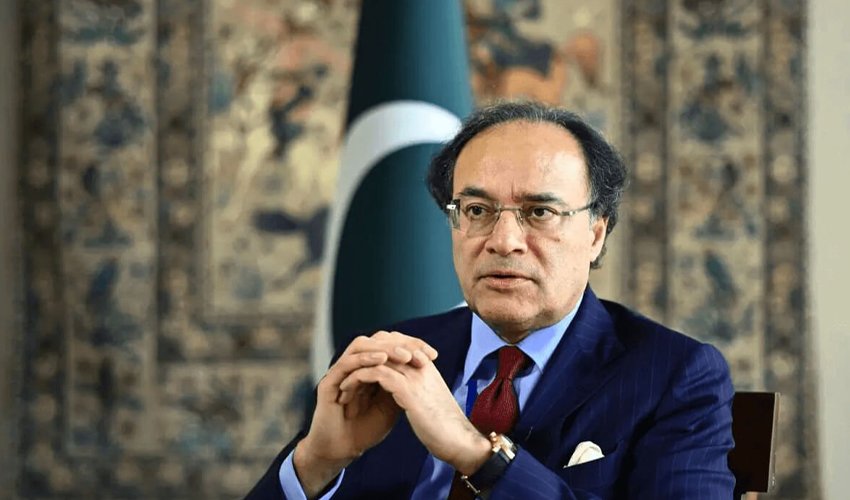Finance Minister Muhammad Aurangzeb has acknowledged the heavy tax burden on Pakistan’s salaried class, hinting at a potential review of the current tax slabs. Speaking at the “Dialogue on the Economy” event organized by the Pakistan Business Council (PBC) on Tuesday, the minister emphasized the need to simplify the tax filing process for salaried individuals.
“This is my personal view, that indeed, on the salaried class side, there is a disproportionately high burden,” Aurangzeb said. “The reality is that we do need to think about the various tax slabs that we have. However, I cannot make any commitment around that.”
Aurangzeb revealed that the government has already initiated its budget process for the fiscal year 2025-26, starting in early January. Consultations with business chambers are set to begin in February, with detailed feedback expected by March or April. The budget is scheduled to be presented in the first week of June 2025.
The minister noted that while the government is committed to fulfilling its obligations under the International Monetary Fund (IMF) programme, some measures may need to be phased in or out over time. “We are in the Fund programme, we have made commitments, and therefore few things might have to be phased in or phased out,” he said.
Aurangzeb highlighted several positive economic developments, including the Monetary Policy Committee’s (MPC) recent decision to cut the policy rate by 100 basis points, bringing it down to 12%. This marks the sixth consecutive rate cut since June 2024, when the rate stood at 22%. The minister expressed optimism that the reduction in interest rates, with the Karachi Interbank Offered Rate (KIBOR) now at around 11%, would boost business confidence.
The finance minister also pointed to the State Bank of Pakistan’s (SBP) projection of foreign exchange reserves reaching $13 billion by the end of the current fiscal year. “That will essentially take us to almost three months of import cover,” he said, describing it as a critical milestone for the economy. He added that achieving this target could lead to Pakistan’s sovereign credit rating being upgraded to a single B category.
Aurangzeb attributed the positive trajectory to strong remittance flows and growth in IT services exports, which have bolstered the country’s economic position.
The finance minister reiterated the government’s commitment to fiscal discipline, including reducing expenditures and pursuing a rightsizing policy. He assured that the government remains firm on its commitments under the IMF programme, which is essential for maintaining economic stability.
“If all goes well, this is a critical trigger for the economy,” Aurangzeb said, expressing confidence in the country’s economic direction. He emphasized that the government’s focus remains on creating a conducive environment for businesses while addressing the challenges faced by the salaried class.










